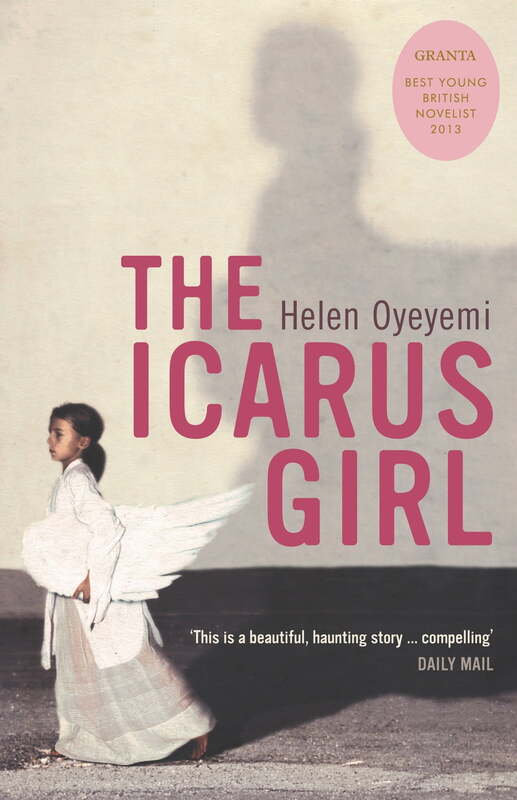Oyeyemi is brilliant at creating a surreal, haunting atmosphere, and sustains it throughout the book. She is a writer very much at home in the Gothic, giving her own spin to classic motifs: ghosts, doppelgangers, the supernatural. The flow of her writing is very natural and easy to read, and her prose is high quality.
It’s difficult to capture the viewpoint of a child, but Oyeyemi does it well. Jessamy is a convincing mixture of naivety and awareness, able to grasp what’s going on around her but not fully comprehend it, in the way children often are. Her struggle with her sense of self and her place in the world is conveyed with understanding and empathy. She’s a three-dimensional character, likeable without being perfect, and her journey will be relatable to anyone caught between worlds.
The second half of the book is unfortunately less strong than the first. Oyeyemi struggles to maintain the narrative momentum she built up in the first half, and the action often feels repetitive. She introduces more characters than are necessary, shifting the focus too much so that none of them get enough development. While the actual ending works well, the events leading up to it are confusing, and I got lost in what was magic/surreal and what was actually happening. However, I found these flaws forgivable, since it was overall a work of talent and originality.
Since The Icarus Girl, Helen Oyeyemi has written six novels, the most recent being Peaces, released in 2021. Though I’ve only read one other book of her’s, 2009’s White is for Witching, I definitely think she’s someone who deserves to be better known. Her affiliation with myth, fairytale, and folklore mark her out as a writer in conversation with the past, and the darkness and strangeness of her books is entirely her own. The Icarus Girl shows that these elements were present from the beginning of her career, and though she’s undoubtedly improved since, it’s always worth going back to where things began.
Review by Charlie Alcock

 RSS Feed
RSS Feed
